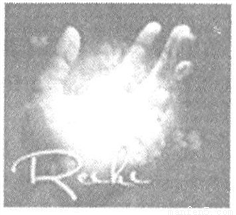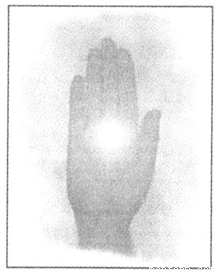0 143511 143519 143525 143529 143535 143537 143541 143547 143549 143555 143561 143565 143567 143571 143577 143579 143585 143589 143591 143595 143597 143601 143603 143605 143606 143607 143609 143610 143611 143613 143615 143619 143621 143625 143627 143631 143637 143639 143645 143649 143651 143655 143661 143667 143669 143675 143679 143681 143687 143691 143697 143705 151629


 ethods are very effective in the examples that they provide. However, there are some "everyday complaints" such as back pains, headaches, which are treated currently with medicine. When you have a headache, you take an Aspirin; when you cannot sleep, you take Xanax without thinking of the side effects of these. When you use these pills for a long period, you become dependent on them; you cannot sleep without them. We pay huge amounts of money but never get better. How about a safer and more economical way of healing? When doing Reiki to yourself, you do not need anything except your energy so it is very economical. Also, there are no side effects and it is scientifically explained.
ethods are very effective in the examples that they provide. However, there are some "everyday complaints" such as back pains, headaches, which are treated currently with medicine. When you have a headache, you take an Aspirin; when you cannot sleep, you take Xanax without thinking of the side effects of these. When you use these pills for a long period, you become dependent on them; you cannot sleep without them. We pay huge amounts of money but never get better. How about a safer and more economical way of healing? When doing Reiki to yourself, you do not need anything except your energy so it is very economical. Also, there are no side effects and it is scientifically explained.